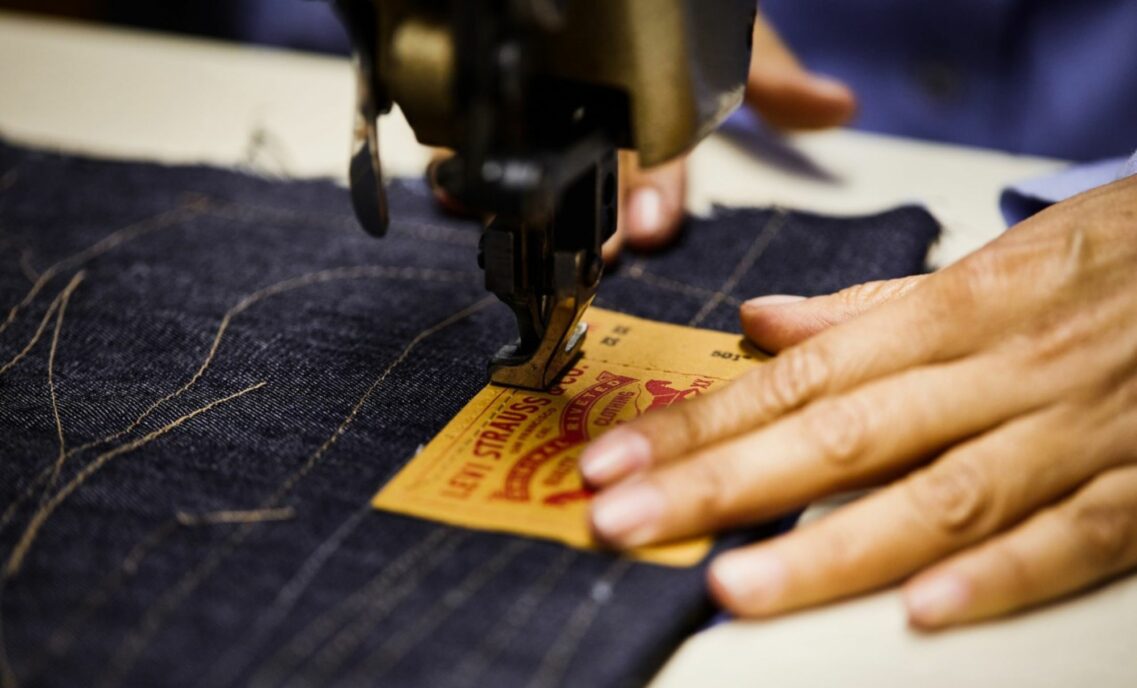I confess: When I go to the grocery store, I sometimes forget my canvas bags. When the clerk asks the inevitable question, “Paper or plastic?” I’m stuck – asking myself, which one is better?
These days it seems like everyone’s trying to make greener, more environmentally conscious choices.
But if you really want to think sustainably about everything you touch, like we’re trying to do at Levi Strauss & Co., you have to start asking all kinds of tough questions, like, what is the overall environmental impact of the products I buy? What’s truly sustainable?
To tackle some of these questions, we conducted a complete life cycle assessment of the environmental impacts associated with two of our iconic products – a pair of Levi’s® 501s® and Dockers® Original Khakis.
When our designers and product development teams looked at the results, they asked what it would take to develop an index or tool that would tell them which materials were more sustainable than others.
So our Social and Environmental Sustainability team began developing a scientifically-based tool that would evaluate the environmental impact of different fabrics, but would have the potential to calculate the environmental impact of complete products – including every button, snap, zipper and rivet.
Many product indexes rely on general averages and broad indicators of sustainability, like “paper vs. plastic” rather than actual data. Our new tool, “E-valuate,” is different. It relies primarily on hard data
Working closely with our suppliers to gather that data, we examined just about every facet of the process – from cotton production to transportation to the energy and water associated with spinning, dyeing and weaving. We also considered whether or not renewable energy, recycled content and sustainably-grown fibers went into producing a particular fabric.
The first E-valuate pilot examined seven core fabrics, but we’re currently adding an additional 85, and this next round of data will be used to help make sourcing recommendations for our Spring 2012 collection.
Ultimately, E-valuate gives our designers the information they need to create more sustainably produced products well into the future.
As to “sourcing” your supermarket checkout options, if you’re still pondering paper or plastic, the best answer has to be…don’t forget your canvas bags!






